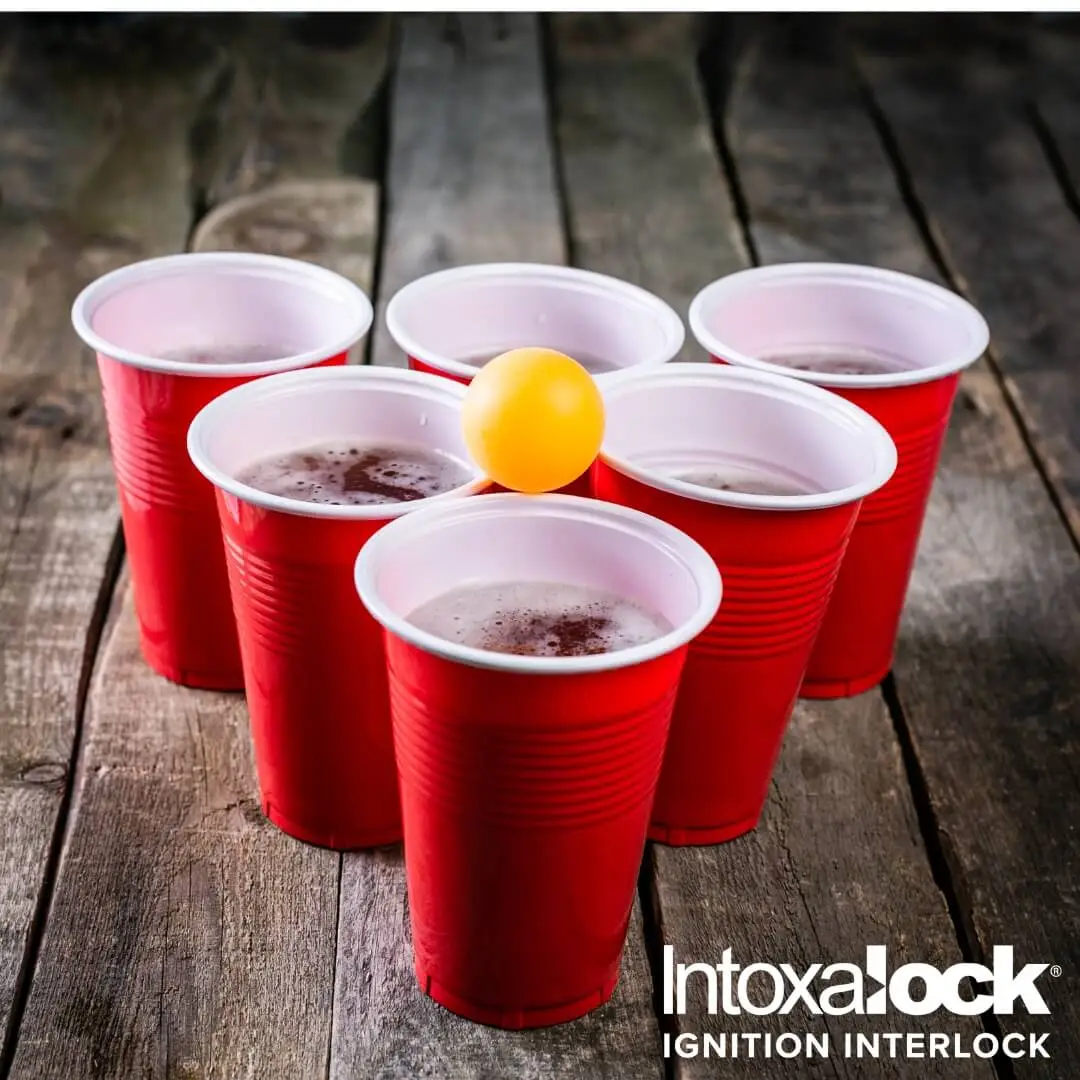How Can I Talk to Teens About Drinking?

You might think your teenager doesn’t drink, and always says no to peer pressure. The reality might be quite different. The Centers for Disease Control and Prevention says teens are more likely to be killed in an alcohol-related crash than other age groups. The data shows that 16% of drivers who were 15-18 years old who were involved in fatal crashes in 2019 had been drinking.
There are other chilling facts released by the CDC that prove teen drinking is a problem, and a dangerous public safety issue. They include:
- Of drivers aged 15-20 who were killed in fatal crashes in 2019, 24% had been drinking.
- 15% of drivers 15-20 who were involved in a fatal crash had a blood alcohol content of .08% or higher. This is illegal even for adults, as most states have a legal limit of .08% for those over 21 (Utah has a limit of .05%).
- 60% of drivers aged 15-20 who were killed in crashes after drinking in 2019 weren’t wearing a seat belt.
- Male teens are more likely than females to engage in drunk driving. In 2019, 20% of male drivers 15-20 had been drinking before a fatal crash, compared to 14% of female drivers in the same age group.
Clearly, teenagers are succumbing to peer pressure and making decisions that have put them and others in danger. This makes it all the more crucial to start talking to teenagers early and often about the dangers of drunk driving. Your teen may want to experiment, but if you are open with them they may be less likely to make a fatal choice.
How Can I Prepare My Teen for Drinking Pressure?
High schoolers undergo a lot of peer pressure in many areas, including drinking. While your teen may seem immune, there are still dangers they can encounter. For example, their friend may choose to drink and drive. Without proper information, your teen may not see the danger until it is too late.
You can talk to your teen, and take some recommended actions, to help prevent them from drinking and driving.
- Implement ground rules: It is important to discuss with your family what the ground rules are regarding alcohol. It is important that you follow the rules that apply to you as well. For example, if you prohibit your teen from drinking and driving, make sure to set the example for them. Lay out your expectations clearly, and ensure your kids understand.
- Discuss consequences: This can be trickier. Parents do not want their children to make a poor choice, but they also understand the pressure teens feel to avoid getting caught. Make sure your teens know they can call you for a safe ride, no consequences. Give consequences that fit the actions. Obviously, parents would prefer their teen not drink. However, if your teen chose to drink but did not choose to drive, this is a huge victory.
- Get a voluntary ignition interlock device: Intoxalock offers voluntary ignition interlock devices to anyone who wishes to use them. Many parents get them for their teenage drivers. The interlock device will prevent your teenager or anyone attempting to drive their vehicle from starting it without passing a breath alcohol content test. The devices prevent hundreds of thousands of drunk driving incidents each year.
- Obtain an alcohol assessment: If you are concerned about your teen’s drinking, you might consider having them evaluated by a professional. Intoxalock partners with New Directions , which provides alcohol and drug use assessments, along with many other types. The evaluators are professionally certified, evaluations are conducted online, and results are securely delivered via email. The assessments can also be used to help in a court case if necessary.
Being proactive and discussing drinking and driving with your family is a great way to prevent a tragic mistake. Pressures to drink only increase as your teen enters college, so it is important to tackle the issue early.
More Resources From Responsibility.org and Intoxalock
Responsibility.org is dedicated to ending DUI incidents, like Intoxalock. They have several tips and modules for learning how to talk to teenagers and younger children about drinking. Learn more about our partnership.
Intoxalock representatives are happy to answer any questions about voluntary or mandatory ignition interlock devices. Contact us at 833-623-0200 to talk to a state specialist.



